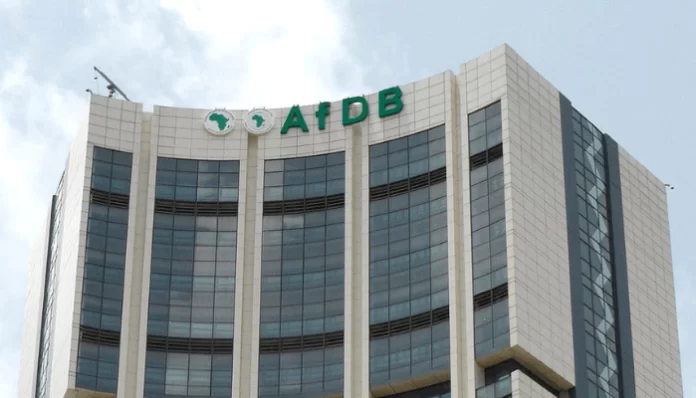The African Development Bank (AfDB) has emphasized that its commitment to Nigeria, among the Regional Member Countries (RMCs), is substantial, with a total portfolio value of $4.4 billion.
This substantial commitment was discussed during the Joint Country Portfolio Performance Review (CPPR) Workshop in Abuja.
The AfDB’s portfolio consists of 48 operations, evenly distributed between the public and private sectors.
Lamin Barrow, the Director-General of the Nigeria Country Department of AfDB, provided insights into the improved portfolio performance metrics since the 2022 CPPR Workshop.
Notably, operations flagged for implementation challenges have decreased from 36% in January to 32% in September.
Barrow attributed this achievement to collective efforts by the Federal Ministry of Finance, the Executing Agencies, and the Bank to reduce startup and implementation delays.
Barrow recognized the recent development with the Federal Executive Council’s (FEC) approval of the Ekiti Knowledge Zone project, which is expected to further reduce startup delays.
While progress has been made, the Bank aims to achieve its target of reducing flagged operations to 20%.
In response to the challenges and reforms initiated by President Bola Tinubu’s administration, particularly the removal of fuel subsidies and exchange rate unification, Barrow expressed hope for reigniting higher economic growth.
He emphasized that these reforms, despite short-term pains to the population, will help set the country on a better economic trajectory.
Stanley George, the Director of the International Economic Relations Department (IERD) at the Federal Ministry of Finance, Budget, and National Planning, commended AfDB’s partnership in achieving Nigeria’s national development priorities.
George outlined challenges in implementing the portfolio, including long implementation periods, low disbursement rates, poor communication with various MDAs, and issues of ineligible expenditures.
He highlighted the importance of ensuring timely project implementation and focusing on improving people’s quality of life.

